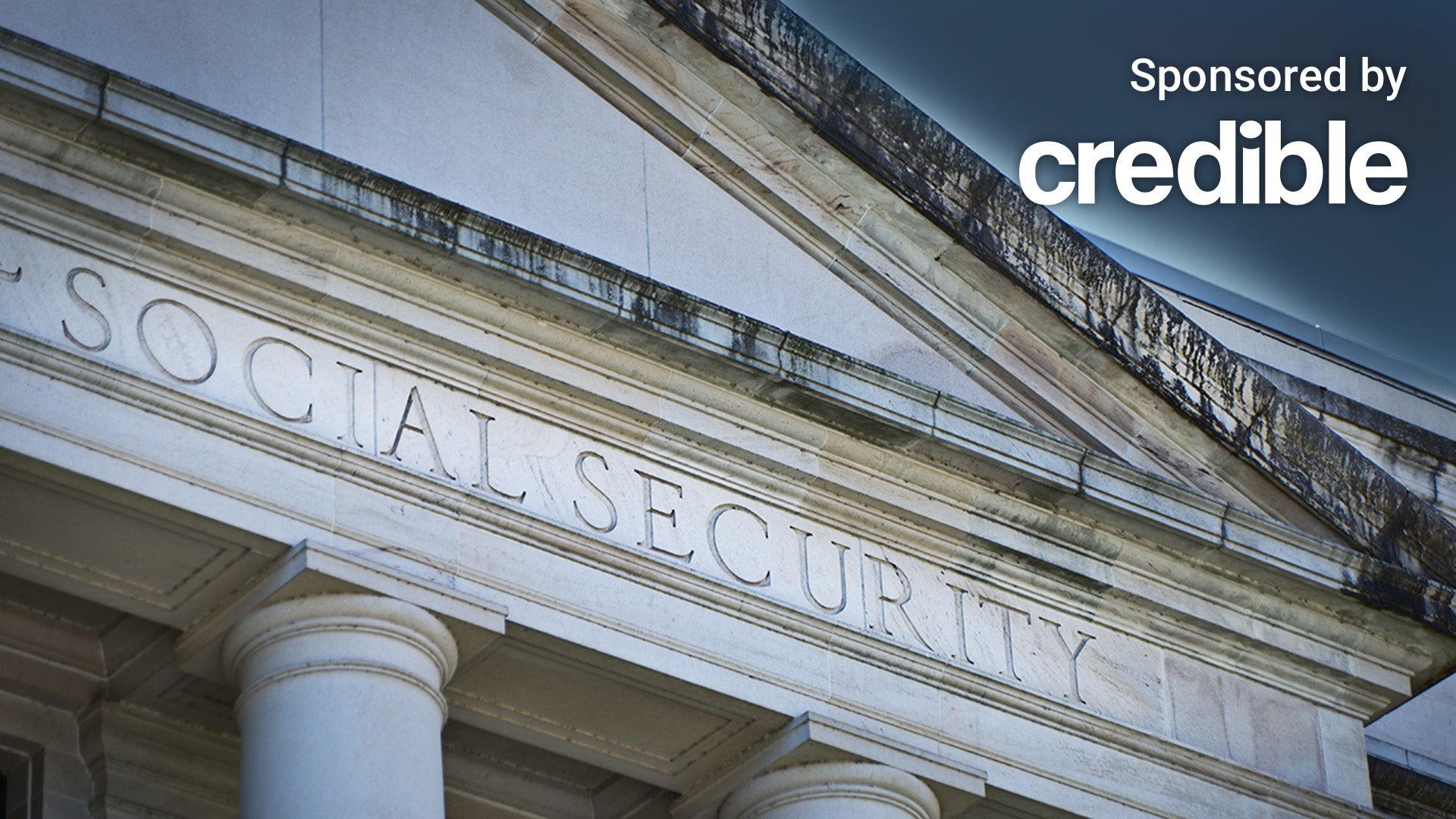Personal Finance
US debt ceiling crisis could delay Social Security payments – Here’s why you’re still likely to get a check

A decades-old law could protect Social Security even if the U.S. debt ceiling isn’t raised in time to avoid a default, according to a recent report.
The Social Security “escape clause” from the debt limit enacted by Congress in 1996 allows the Treasury Department to draw down Social Security trust funds to pay the benefits. It prohibits the disinvestment of the Social Security trust funds for any purpose other than the payment of benefits, according to a Concord Coalition report authored by its Chief Economist, Steve Robinson.
In other words, the trust funds can only be used to issue Social Security benefits and not to pay the U.S. government’s other outstanding bills.
“Given the current balance in the Social Security trust funds ($2.8 trillion), the government would be able to ensure the payment of Social Security benefits – and fund the rest of the government as well – for a considerable period without increasing the debt limit,” Robinson said in the report. “As long as there is a positive balance in the Social Security trust funds, the Treasury Secretary has both the authority and the obligation to pay Social Security benefits.”
If you are expecting Social Security payments, but are struggling with your monthly expenses, you could consider taking out a personal loan to help pay down high-interest debt. Visit Credible to compare lenders and find your personalized rate.
MOST SENIORS SAY THE US IS SUFFERING A RETIREMENT CRISIS AND MANY ARE STRUGGLING TO SAVE: SURVEY
US government could default by June
The U.S. hit its $31.4 trillion debt limit on Jan. 19, 2023, but the Department of the Treasury has been undertaking a set of “extraordinary measures” to help the government service its debt, Secretary of the Treasury Janet Yellen said in a letter to Congress. The Treasury has calculated that those measures would be sufficient through early June.
If Congress fails to raise or suspend the debt limit before June, the federal government would run out of money to pay all its obligations. That includes the $90 billion monthly Social Security payments made to 65 million recipients, according to the National Committee to Preserve Social Security and Medicare. Medicare and Medicaid payments could also be delayed.
“Even a short delay in the payment of Social Security benefits would be a burden for the millions of Americans who rely on their earned benefits to pay for out-of-pocket health care expenses, food, rent and utilities,” the committee said. “In fact, almost two-thirds of beneficiaries depend on Social Security for half of their income and 40% rely on their benefits for 90% or more of their income.”
“Without the authority provided by increasing or suspending the debt limit, it is more likely than in the past that Social Security beneficiaries will feel the full impact of a default,” the committee continued.
If you are worried about meeting debt obligations due to Social Security payments being possibly delayed, you could consider taking out a personal loan to help you pay down high-interest debt. Contact Credible to speak to a personal loan expert and get all of your questions answered.
INFLATION, RECESSION FEARS DAMPEN FINANCIAL HEALTH OUTLOOK FOR MANY: SURVEY
New bill seeks to avoid default
Recently proposed legislation is seeking to allow the Treasury to issue debt to pay principal and interest on what it owes and to avoid default even as it hits the debt ceiling later this year.
The so-called “Default Prevention Act” also prioritizes the payment of Social Security and Medicare benefits.
“The legislation …is not a substitute for addressing the debt limit, but it would ensure that we could avoid default – as the United States would be able to service its debt – and as importantly, we would be able to continue to provide health and retirement security to America’s seniors,” House Ways and Means Committee Chairman Rep. Jason Smith (R-Mo) said in a statement.
However, Treasury Secretary Yellen warned that there is no shortcut for dealing with the U.S. debt ceiling issue.
“Prioritization is simply not paying all of the government’s bills when they come due,” Yellen said at a recent House Ways and Means committee meeting. “That is something we have never done since 1789. That really is just default by another name.”
“Not paying the government’s bills will produce economic and financial collapse,” Yellen continued.
If you are receiving Social Security checks and need more funds, you could consider taking out a personal loan to consolidate other high-interest debt payments into one monthly payment with lower interest rates. Visit Credible to compare multiple lenders at once and choose the one with the best rate for you.
MOST CAR BUYERS WANT TO BUY INSURANCE AT POINT OF SALE, STUDY SAYS
Have a finance-related question, but don’t know who to ask? Email The Credible Money Expert at moneyexpert@credible.com and your question might be answered by Credible in our Money Expert column.
Read the full article here

-

 Side Hustles5 days ago
Side Hustles5 days agoKickstart Your Year With These Entrepreneurial Health Checkups
-

 Side Hustles4 days ago
Side Hustles4 days agoExpand Your Global Reach with Access to More Than 150 Languages for Life
-

 Side Hustles3 days ago
Side Hustles3 days agoKFC Announces Saucy, a Chicken Tenders-Focused Spinoff
-

 Investing3 days ago
Investing3 days agoPalantir, Anduril join forces with tech groups to bid for Pentagon contracts, FT reports By Reuters
-

 Side Hustles4 days ago
Side Hustles4 days agoThis AI is the Key to Unlocking Explosive Sales Growth in 2025
-

 Side Hustles2 days ago
Side Hustles2 days ago4 Ways Content Can Make or Break the Customer Experience
-

 Passive Income6 days ago
Passive Income6 days ago5 Key Success Factors of Thriving Entrepreneurs
-

 Passive Income5 days ago
Passive Income5 days agoHow to Motivate, Inspire and Energize Your Employees


















